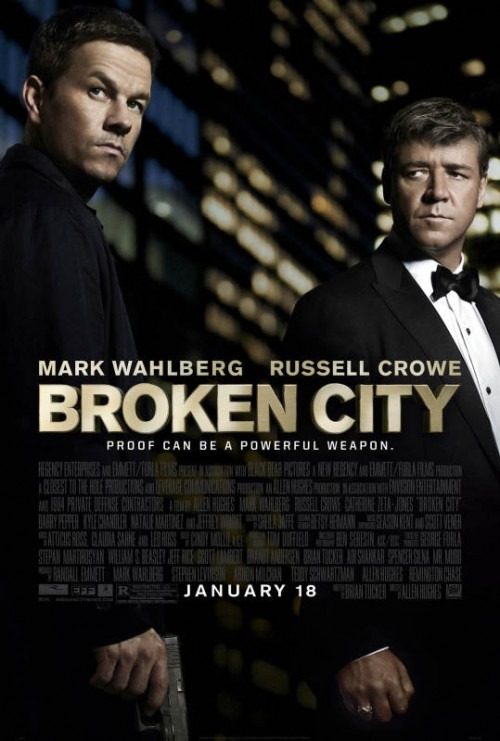
The musical is a tricky film to do well and over recent years, we have seen numerous avenues to the musical. We have over-the-top operatic productions like Moulin Rouge and we have indie darlings like Once that focus on the soundtrack over production value. We also have more artistically flexible works like Chicago, which recently (though probably unjustly) took home the Academy Award for best picture in 2002. Sure to be baiting Oscar votes this year as well is recently crowned Best Director Winner Tom Hooper (The King’s Speech, probably another unjustly won Oscar) and his take on Les Miserables.
Based off the Victor Hugo novel and the hit musical, Les Mis tells the tale of escaped convict turned mayor, Jean Valjean (Hugh Jackman, Australia, X-Men) and his quest to find redemption during revolutionary France by becoming the guardian of Cosette (Amanda Seyfried, Mean Girls, Mamma Mia!), the daughter of the poverty-stricken, prostituted Fantine (Anne Hathaway, The Dark Knight Rises, Rachel Getting Married). Throughout his quest, the pragmatic inspector Javert (Russell Crowe, Gladiator, A Beautiful Mind, Broken City) is hot on his tail to reveal his true identity and return him to a life of indentured servitude.
Capturing the essence of this musical is no easy feat. The musical has been a commonplace in the Broadway scene for over 30 years. It’s become a cornerstone of the musical theater community, with such lofty aspirations it never quite translated to film.
Tom Hooper chose to live record his singers, in the hopes to translate a rawer and more emotional texture to the film. However, none of the actors were really able to take advantage of this directorial choice, aside from Anne Hathaway’s rendition of “I Dream a Dream.” For a film that crucially hinged on a sublime cast of singers, the reality was quite underwhelming.
The direction was at best quite the mixed bag. While Hooper was able to capture some transportative wide angle shots of an exhausted revolutionary Paris, it was incongruently paired with close ups during each actor’s solo. While this effect was intended to create a more personal atmosphere, the result was quite jarring and unfocused.
The producers of Les Mis certainly knew how to market the hell out of the movie. The bravado and emotionally leading script were the perfect lure for a family Christmas movie as well as Oscar votes. The film is a nice piece of escapism for a holiday atmosphere and will certainly live in the hearts of the original musical’s devotees, but ultimately will fail to stand the test of time in the cinematic canon. The mere fact that in such a tight Oscar race Les Mis beat out more inspired works like The Master, Moonrise Kingdom, and The Sessions, has left us quite miserable.
